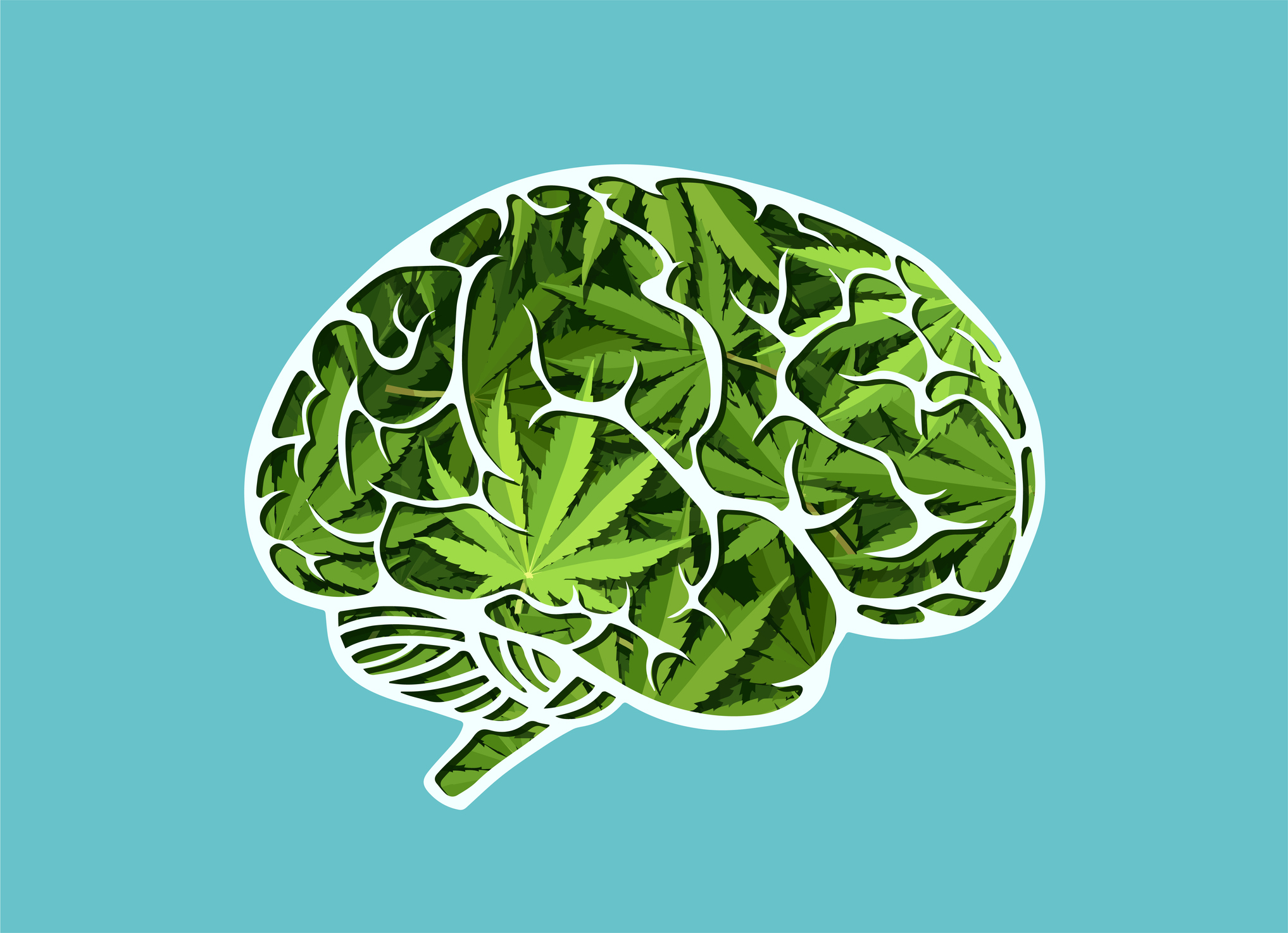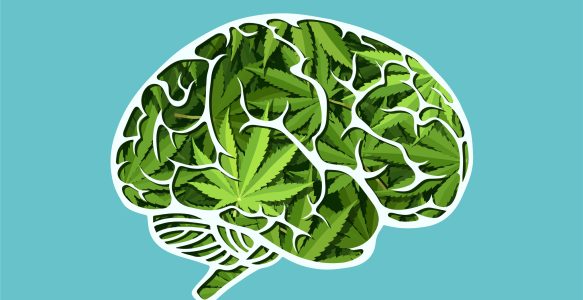In an upcoming study published in the Neuropsychopharmacology journal, researchers have examined the effects of CBD on the brain’s inhibition and excitation systems. The researchers recruited 34 healthy male volunteers, half of whom had autism spectrum disorders. The scientists found that CBD increased GABA+ levels and decreased GABA-levels in both groups. These findings suggest that CBD could be beneficial for people with autism. Additionally, the authors concluded that CBD decreased oxidative stress in the brain, which can affect the functioning of neurons.
Previous studies have shown that CBD reduces lipid peroxidation, a known stress factor. It also inhibits the enzyme acetylcholinesterase, which breaks down acetylcholine at neuromuscular junctions. Furthermore, the researchers found that CBD improved connectivity between different parts of the brain, including the prefrontal cortex. These findings suggest that CBD may affect the brain’s glutamate-GABA system in individuals with autism.
Several studies have revealed that CBD can affect the brain’s neural circuits and reduce anxiety. A randomized, double-blind trial, conducted by O’Neill et al., 2020, looked at the effects of CBD on people with psychosis. The authors gave CBD to 15 patients on antipsychotic medication in a randomized, within-subjects design. The authors also recruited 19 healthy participants for the study, who performed the same verbal learning task used in the previous research. The region of interest in each participant was selected based on the activation patterns of the medial temporal lobe, prefrontal cortex, and striatum/pallidum.
The results of this study indicate that CBD affects the limbic system. The limbic region of the brain is activated during panic attacks, anticipation of them, and aversive events. While CBD has no proven effect on these circuits, it does improve brain activity and may help treat some of the symptoms of anxiety disorders. This study has many implications for patients with anxiety or psychiatric conditions. This is a promising new treatment for the disease, but further research is needed to confirm these results in non-cannabis users.
A functional fMRI study showed that CBD increased BOLD signal in the hindbrain. It also reduced the negative activation in areas of the hindbrain. In another study, the compound was found to increase the BOLD signal in the brain of mice with autism. The results showed that CBD affected the limbic area in both animals and humans. However, these findings were not yet definitive. There is still a need for further studies.
During this study, CBD reduced the heart rate and blood pressure of mice. However, it had little effect on autonomic measures that are important for homeostasis. This substance was also able to influence the activity in the anterior cingulate, hippocampus, and lingual gyrus of mice. In contrast, it inhibited the activity of the posterior cingulate and left thalamus regions in rats.
One study looked at CBD’s effect on the brain. It was found to have a positive effect on the prefrontal cortex, but deactivated the cerebellum and brainstem. The researchers also found that CBD did not alter autonomic arousal under stress in mice, and that it activated the prefrontal cortex and the olfactory bulb. These studies are not definitive, but are useful in guiding future research.
Although there is no direct evidence to support the link between CBD and anxiety, studies have shown that the two compounds work in parallel. While THC inhibits neurotransmitters in the brain, CBD inhibits the production of neurotransmitters and reduces the risk of Alzheimer’s disease. Its anti-inflammatory and antioxidative properties may also help protect the brain from diseases such as multiple sclerosis and stroke. Its ability to prevent these changes also makes it an effective treatment for depression and other mental health conditions.
The effect of CBD on the brain has been studied in both animals and humans. It has been shown to modulate the fronto-striatal and limbic circuitry in mice. While the effects of CBD on the brain are unknown, the study showed that it inhibits the production of neurotransmitters in the mouse. In addition, it has been shown to affect the processing of cognitive and emotional data. Therefore, it is important to understand how the compound works in the human body.

